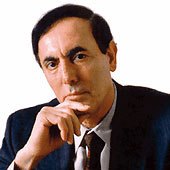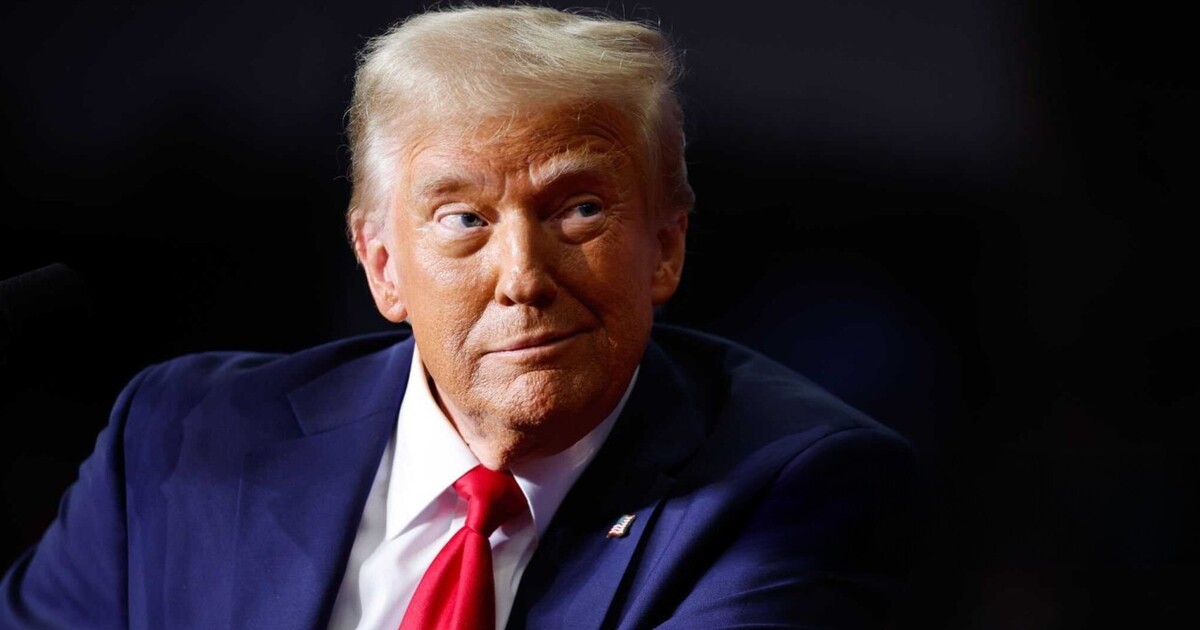After Assad: The Situation Inside Syria
Will the rebels fulfil their promise to be inclusive and lift the Syrian people out of their misery?
December 12, 2024

A Strategic Assessment Memo (SAM) from the Global Ideas Center
You may quote from this text, provided you mention the name of the author and reference it as a new Strategic Assessment Memo (SAM) published by the Global Ideas Center in Berlin on The Globalist.
It is hard to exaggerate the jubilation of the Syrian people when they heard the news of the fall of Bashar al-Assad, which ended a 52-year-old “dynasty” that will be remembered as the darkest chapter of the country’s existence.
How long the public’s jubilation will last, and whether normalcy will be restored to a shattered country, will depend on whether the new government fulfils its promise to be inclusive — focusing on rebuilding the country and seeking peace and reconciliation, or simply replaces one ruthless dictatorship with a new one.
Too early to tell
Perhaps it is premature to determine whether or not the rebels will keep their word with respect to their promises to be inclusive and treat every citizen, regardless of their ethnicity, equally before the law.
However, there are important and positive signs that the new leaders are likely to follow what they have been saying to demonstrate that they are committed to establishing responsible and legitimate governance.
To that end, they called for national unity and a peaceful transfer of power. The rebels’ leader, Abu Mohammed al-Golani, met with the outgoing Prime Minister Mohammed al-Jalali to discuss the transition of power to demonstrate his desire to work with experienced officials to ensure a smoother power transfer and temporarily supervise the bureaucracy.
Hadi al-Bahra, president of the Syrian National Coalition, outlined plans for an 18-month transitional period and extended his hand to help draft a new constitution and hold elections as desired by the rebel leaders.
Holding the perpetrators accountable
To show the rebels’ leaders’ commitment to justice, they swore to hold accountable many army officers who were involved in torture and to commit themselves to establishing “a state of freedom, equality, rule of law and democracy,” as Syria’s UN ambassador Koussay Aldahhak stated.
They instructed their followers to preserve the state’s institutions, restore essential services and reopen banks to ensure economic stability.
They further directed their rank and file to prevent the desecration of shrines and cultural centers of many ethnic groups, including the pro-Assad Alawites, making them feel reassured and optimistic that they would not be excluded from joining the political transitional process.
A new beginning?
Given the reign of horror that was inflicted on the Syrian people, the new leaders appear to be committed to a new beginning that the public is yearning for, not simply replacing the ruthless Assad dictatorship with a new one.
They want to write a new chapter that would end the public’s pain, suffering, and despair, especially over the past 14 years since the outbreak of the Arab Spring, and bring hope for a better and promising future. On the whole, it appears as though a new era has dawned on Syria.
The above positive signs, however, are not free from the many challenges in regime change, which include integrating the armed groups into a unified structure and preserving all state institutions — as well as laborious negotiations between the numerous opposition groups with different ideologies and loyalties.
There are also concerns that hasty changes might invite other militant groups to emerge and plunge the country once again into a civil war and destroy what was left under Assad.
The concerns
Finally, the more troubling concern is about the Islamic roots of Hayat Tahrir al-Sham (HTS), and the question is raised as to whether or not its leader, Abu Mohammad al-Jolani, formerly affiliated with al-Qaeda, would revert to extremism.
To alleviate these concerns, he clarified that his severing of ties to al-Qaeda goes back several years and pledged to pursue pluralism, ethnic equality and religious tolerance.
What transpires domestically will affect foreign powers, especially Turkey, Iran, and Russia, which have vested geostrategic interests in Syria.
How the rebel leaders navigate between these rival powers will have significant repercussions for Syria and its place in an unstable region ladened with conflicts and competition for greater sway with the new leaders in Damascus.
The role of the U.S. and Israel
Setting this aside, for now, the most urgent matter is for the United States and Israel, in particular, to take several actions to encourage the new Syrian leadership to pursue what they have publicly promised and maintain the initial social, economic and political steps they have taken.
The stunning victory of the Syrian rebels opens up new possibilities for a more peaceful Middle East — or it can set the stage for even more intense violence, death and destruction.
The new Syrian authority must decide which way they choose to go. One thing, however, is certain.
Although other powers, especially Turkey, Russia, and Iran, have a unique interest in Syria’s future, what the United States and Israel do will have the greatest impact on the path the new regime in Damascus will choose to travel.
Takeaways
The stunning victory of the Syrian rebels opens up new possibilities for a more peaceful Middle East — or it can set the stage for even more intense violence, death and destruction.
It is hard to exaggerate the jubilation of the Syrian people when they heard the news of the fall of Bashar al-Assad, which ended a 52-year-old “dynasty” that will be remembered as the darkest chapter of the country’s existence.
On the whole, it appears as though a new era has dawned on Syria.
What transpires domestically will affect foreign powers, especially Turkey, Iran and Russia, which have vested geostrategic interests in Syria.
Although other powers, especially Turkey, Russia, and Iran have a unique interest in Syria’s future, what the United States and Israel do will have the greatest impact on the path the new regime in Damascus will choose to travel.
A Strategic Assessment Memo (SAM) from the Global Ideas Center
You may quote from this text, provided you mention the name of the author and reference it as a new Strategic Assessment Memo (SAM) published by the Global Ideas Center in Berlin on The Globalist.


